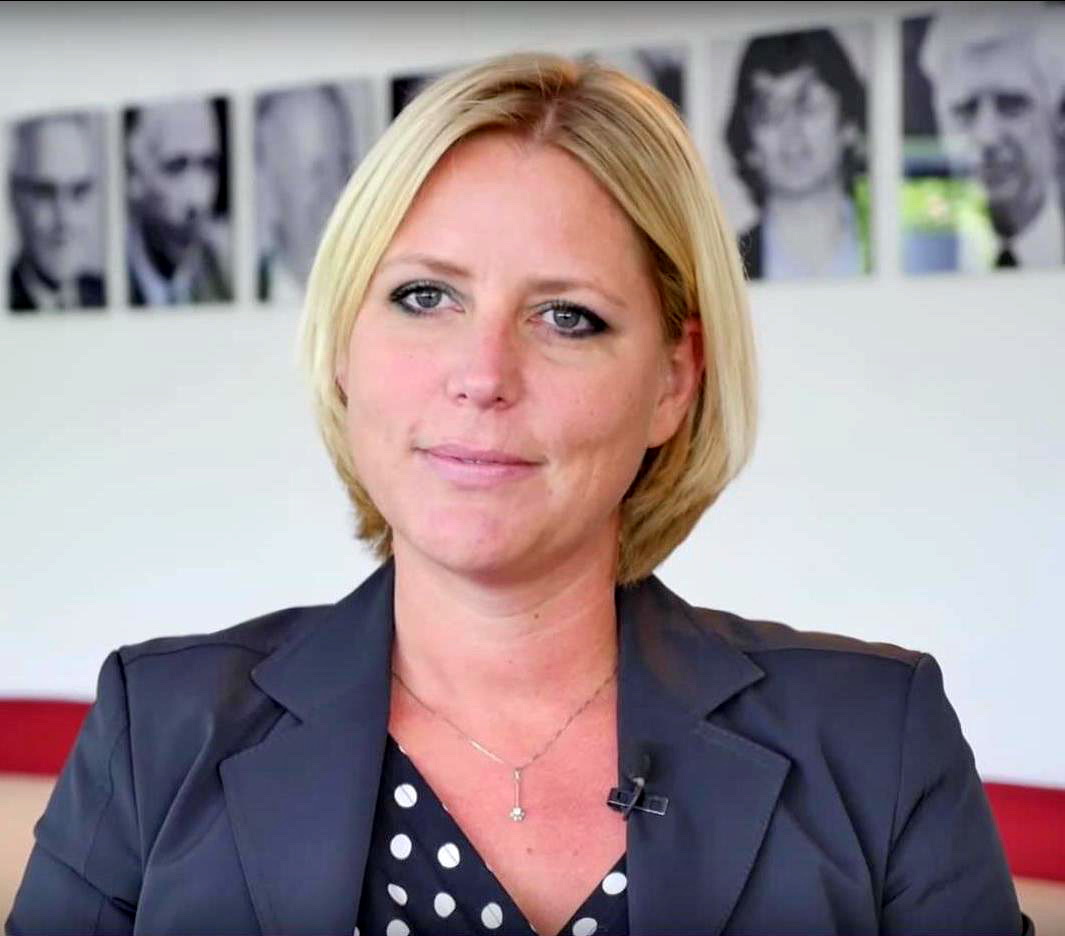Universities could collapse if they can’t open for the foreseeable future and student cities will be badly hit, warns Rianne Letschert, Rector Magnificus in Maastricht.
Rianne Letschert: 'I think we can probably hold out for two years, but perhaps I’m being too optimistic.' (Photo: Wikpedia)
In a television debate about the coronavirus crisis held Sunday night by broadcaster HUMAN, Letschert highlighted the potential ‘collapse’ of Dutch universities. Although she had no opportunity to go into further detail at the time, she is happy to explain her views.
What do you mean by collapse?
“The 14 Dutch universities have some reserves and are unlikely to go bankrupt any time soon. But if students continue to stay away from campus for a long time, that will have an impact both on universities and local economies.”
Let’s start with the universities themselves. What consequences will the crisis have for them?
“What all of the debates seem to overlook is that we not only provide education, but also conduct research. For example, all of the research involving human test subjects in laboratories has now been halted: how long will that last? You also need to consider all of the research projects funded by business: what will happen if that contract funding temporarily disappears?”
Will there be compulsory redundancies?
“I don’t have a crystal ball, but if student intake falls and the crisis persists, we’ll start to feel it in our pockets. We’ll be teaching less and won’t be able to do as much research. I think we can probably hold out for two years, but perhaps I’m being too optimistic. Universities will have less work for temporary researchers and lecturers. Their contracts will not be renewed and they may struggle to find employment at other institutions. That’s not compulsory redundancy, but actually just as bad.”
Education Minister Ingrid van Engelshoven saw no reason to support academics on temporary contracts, telling the House of Representatives that universities had the option of offering more permanent jobs.
“That’s slightly naïve, if I may be so bold. I’d give everyone a permanent contract, but that’s unrealistic. Even when things are normal, it’s not possible and certainly not now. Not even for postdocs in crucial phases of their research, although we are exploring options for how we can help doctoral students and postdocs to complete their research.”
And what impact will there be on local economies?
“Imagine if cafés, restaurants and cinemas are able to gradually reopen from September and we tell the students: don’t come – we want you to continue your studies online. It just won’t work. Many students will stay away or continue living with their parents and, ultimately, everyone in the city will feel an impact. If we keep the university restaurants closed and give fewer contracts to local businesses, some suppliers could also fall by the wayside. We need to exercise extreme caution in making any decisions about online education for the next academic year.”
Who will have to make that decision?
“Moving forward, the government will need to look further ahead than just three weeks. Otherwise, there’s a risk that different sectors will start anticipating events, making independent decisions that have an influence on many others. Currently, the government is leaving decisions about education almost completely to university managers. The Outbreak Management Team should be carefully considering all the consequences, in an interdisciplinary group.”
Will there really be fewer students who come?
“It’s not been reflected in the applications as yet, but we will only know for sure in September. One key factor in this will be clear communication to students about what they can expect in the next academic year.”
Leiden University is assuming that education will be mainly online until February.
“That’s the most difficult decision we face. Decisions on the binding recommendations on continuation of studies (BSA) and the admission of students to Master’s programmes actually went reasonably smoothly. But this is a real puzzle that has an impact on lots of people.
For students’ personal development, spending time together in a student city really matters. It’s just as important as attending classes. We should not automatically adopt a stricter approach than government. There is even the question of whether it is legally permissible: our degree programmes have not been accredited as distance learning, which is only allowed in emergencies. For that reason alone, I don’t think you can just say: let’s do everything online.”
HOP, Bas Belleman
Do you have a question or comment about this article?
redactie@hogeronderwijspersbureau.nl


Comments are closed.